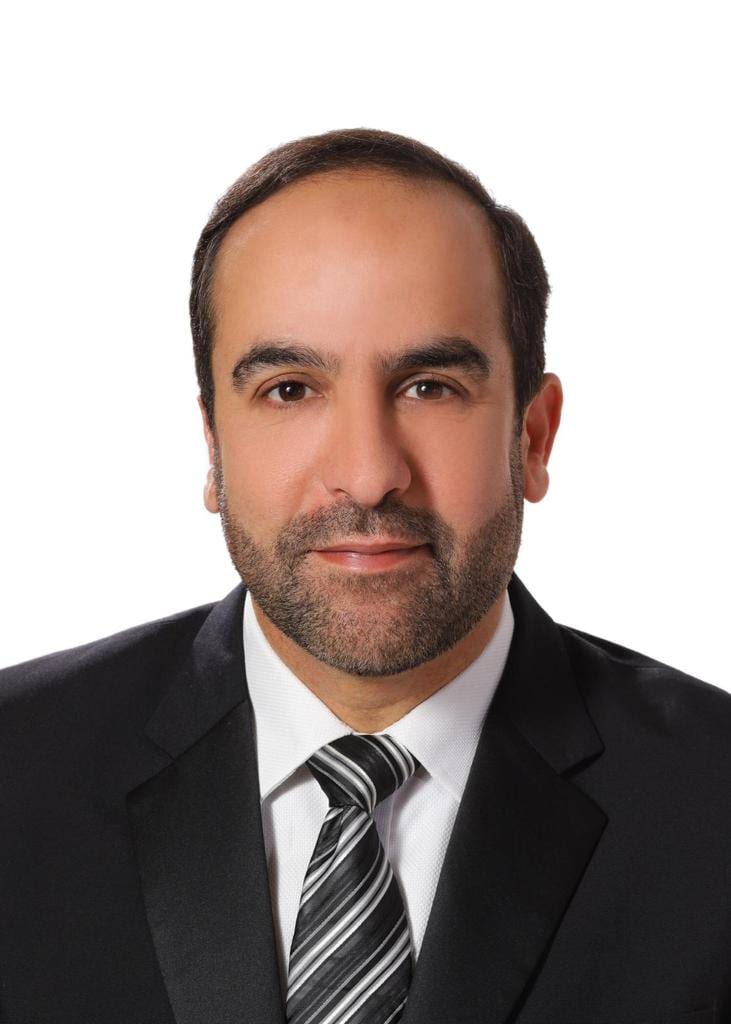Resistance is too often measured by the calculus of gains and losses: the blows dealt to an enemy and the land reclaimed through force. While these metrics may offer insight into military or political outcomes, they fail to grasp the true depth of what resistance means. They do not reach its ethical and existential core.
Resistance is not merely a means to an end; it is an existential position. It is the refusal to normalise injustice or adapt to oppression, even at the lowest point of defeat. It is an affirmation of dignity and identity—of belonging to the free rather than the subdued—regardless of immediate outcomes or shifting power dynamics.
Many fall into the trap of a false binary: resistance or submission. When victory seems out of reach, submission is often portrayed as the more “reasonable” or “pragmatic” path. But this outlook ignores a crucial truth: submission is not neutrality. It is complicity. It legitimises injustice, entrenches fear, and internalises defeat long before it appears on the battlefield.
Political psychology has shown that even under brutal occupation, people who choose to resist display stronger social cohesion and deeper reserves of collective hope than those that surrender. Resistance sustains identity, preserves dignity, and offers a sense of agency—vital for the survival of a people as more than just survivors, but as resilient, living cultures not easily erased or forgotten.
READ: Gaza will not be defeated as long as there are people who refuse to stay silent
Modern history confirms that resistance is not the weapon of the powerful. It is the shield of the oppressed, when carried with conviction:
– In Algeria, the people endured 132 years of French colonialism, sacrificing over a million lives in their struggle for freedom—until they secured independence in 1962.
– In Vietnam, with modest resources, fighters stood their ground against the American empire and eventually prevailed through years of unrelenting defiance.
– And today, in Gaza, beneath the rubble and the blood, new chapters of resistance are being written. Despite the absence of political prospects, the spirit of dignity persists, determined to carve out a life worth living.
In each case, resistance was not tethered to short-term gains. It sprang from a conviction that submission is unworthy of the free, and that silence in the face of injustice is not neutrality—it is moral collapse.
Sociologically, societies do not fall solely under the weight of oppression. They collapse when despair seeps into their collective soul, when people begin to believe that resistance is pointless. That is when surrender spreads like a contagion, and submission hardens into habit. Collapse begins from within, long before the final blow is struck from outside.
This is why resistance—even in the bleakest hours—is not a luxury or a tactic. It is an act of survival. It is a form of continuity. It is the preservation of the last fragments of human dignity. Resistance is the voice that speaks when all others fall silent—the final defence against erasure, the final assertion of identity and will.
READ: How do we write our history in support of Gaza?
I do not resist because I expect to win tomorrow.
Nor do I measure resistance by the damage I inflict.
I resist because the alternative is to forfeit my humanity—
To excuse injustice, to accept humiliation, to dig a grave for myself while still breathing.
Submission is not wisdom. It is the betrayal of self, of memory, and of generations to come.
Resistance is not a choice that depends on victory—
It is the choice of the free in an age of defeats.
And even if we lose the battle, we recover something greater:
We recover ourselves.
The views expressed in this article belong to the author and do not necessarily reflect the editorial policy of Middle East Monitor.

![Palestinian painter Fazil Tafish, living in Gaza, create an artwork symbolizing the people's resistance and attachment to their land on the wall of Al-Ahli Baptist Hospital as Israel's ongoing attacks on Gaza mark their first anniversary, in Gaza city, Gaza on October 10, 2024. [Hamza Z. H. Qraiqea/Anadolu via Getty Images]](https://i0.wp.com/www.middleeastmonitor.com/wp-content/uploads/2024/10/GettyImages-2176880256.jpg?fit=920%2C613&ssl=1)







